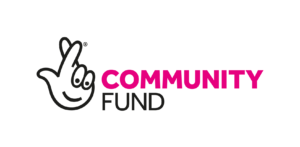Medications
While psychiatric medications don’t provide a cure for mental illness, they can significantly alleviate symptoms and enhance the effectiveness of other treatments, such as psychotherapy. The choice of medication depends on your specific situation and individual response to the prescribed medication.
Commonly prescribed classes of psychiatric medications include:
1. Antidepressants: Used to treat depression, anxiety, and other related conditions, these medications can improve symptoms such as sadness, lack of energy, difficulty concentrating, and loss of interest in activities. Antidepressants are non-addictive and do not induce dependency.
2. Anti-anxiety medications: These drugs target anxiety disorders like generalized anxiety disorder and panic disorder. They may also help alleviate agitation and insomnia. Long-term anti-anxiety drugs are typically antidepressants effective for anxiety as well. Fast-acting anti-anxiety medications offer short-term relief but have the potential for dependency, making them ideal for short-term use.
3. Mood-stabilizing medications: Primarily used for bipolar disorders involving alternating manic and depressive episodes, mood stabilizers are occasionally combined with antidepressants for depression treatment.
4. Antipsychotic medications: Typically prescribed for psychotic disorders like schizophrenia, these medications may also be used for bipolar disorders or in conjunction with antidepressants for depression treatment.


